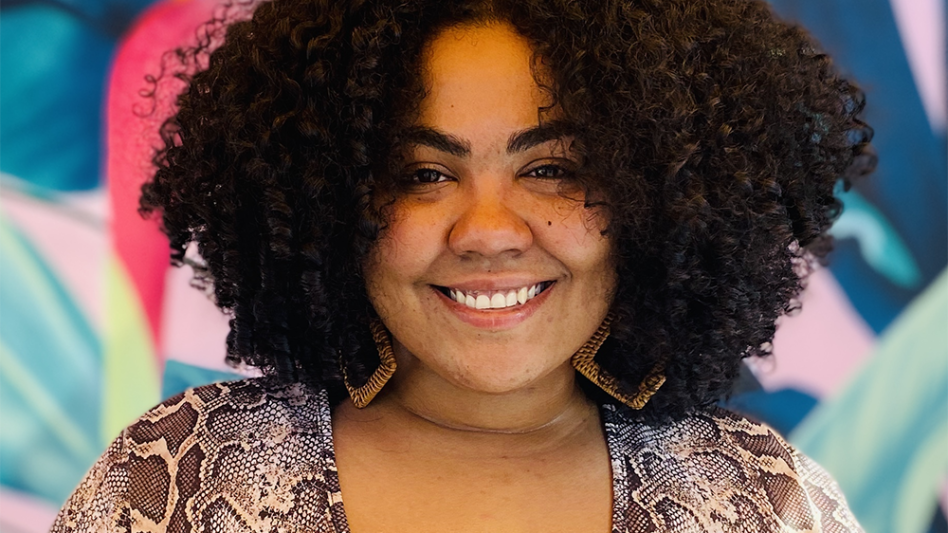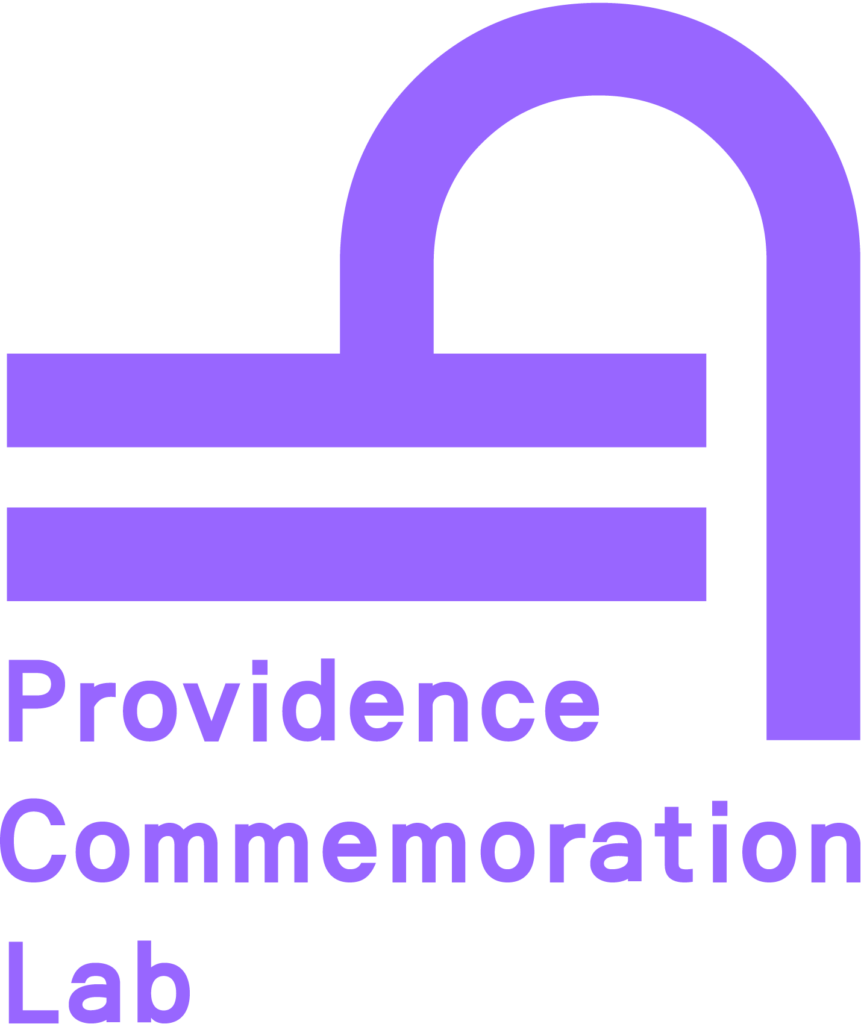
Karla Alba
Karla Alba (she/her) is a native of the South Side of Providence and grew up in the Washington Park neighborhood. She attended Broad Street Elementary, Gilbert Stuart Middle School, and Health, Science, & Technology High School. Karla pursued her undergraduate studies at the University of Rhode Island, earning a Bachelor of Arts in Africana Studies and Gender & Women’s Studies. Recently, she completed her Master’s of Arts in Gender and Cultural Studies at Simmons University.
Throughout her academic journey, Karla has balanced rigorous scholarship with personal artistic expression. She has primarily shared her writing and poetry within academic spaces, occasionally performing at open mic nights during her undergraduate years. Karla utilizes various forms of writing, including academic discourse, poetry, prose, and narrative storytelling to explore creativity and research. She is particularly fascinated by the intersections between personal narratives and communal history. Her Master’s thesis, Violence, Neglect, and Premature Death: The Politics of Death and Dying in Providence, poignantly reimagines the lives and deaths of her departed friends, offering insightful reflections on systemic challenges. Karla uses grief to explore the intersections of race, gender, and identity, as well as the prevalent issues of violence and neglect in her community, which often lead to premature death.
Karla currently serves as Program Officer of the Providence Equity Fund at The United Way of Rhode Island, leveraging her deep commitment to equity and community engagement. Previously, as a Project Manager with the Office of Postsecondary Commissioner, she spearheaded assessments of diversity, equity, and inclusion practices within Rhode Island’s public higher education institutions. Karla also holds the position of Adjunct Professor at Simmons University in Boston, MA, where she teaches a course in Social Inequalities for the Department of Sociology.
What resonates deeply with her about this project is the potential to integrate her scholarship and art beyond the boundaries of academia. It offers a chance for personal growth and exploration of her artistic capabilities while providing a platform to document the unique history of Providence. Through this project, Karla aims to honor the countless lives that have shaped its narrative and unveil the untold stories of the past, fostering a deeper understanding of the city’s history. By doing so, she hopes to strengthen the sense of belonging and community, creating connections among its residents and highlighting the shared experiences that bind them together.

